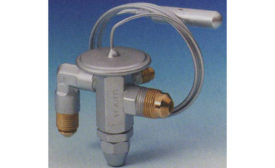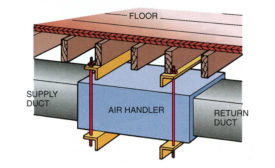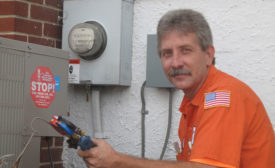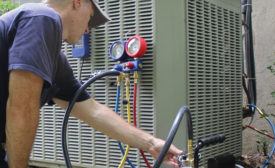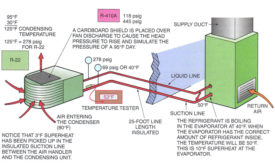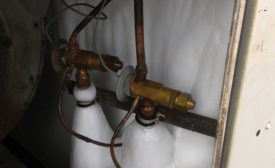Home » air conditioning troubleshooting
Articles Tagged with ''air conditioning troubleshooting''
How to reduce the risk of cold-related injuries when working on refrigeration systems
Read More
Condenser Units: When to Repair and When to Replace
HVAC contractors share how they help homeowners decide when to replace outdoor units
Read More
Condenser Units Bound by Efficiency Regulations
Regional standards, refrigerant changes, consumer demand influence innovation in condenser design
Read More
The Professor: More Troubleshooting Tips for Spring Tuneups
Properly diagnosing the symptoms is what sets professional technicians apart
Read More
Copyright ©2025. All Rights Reserved BNP Media.
Design, CMS, Hosting & Web Development :: ePublishing





